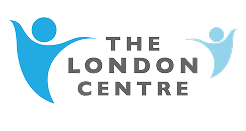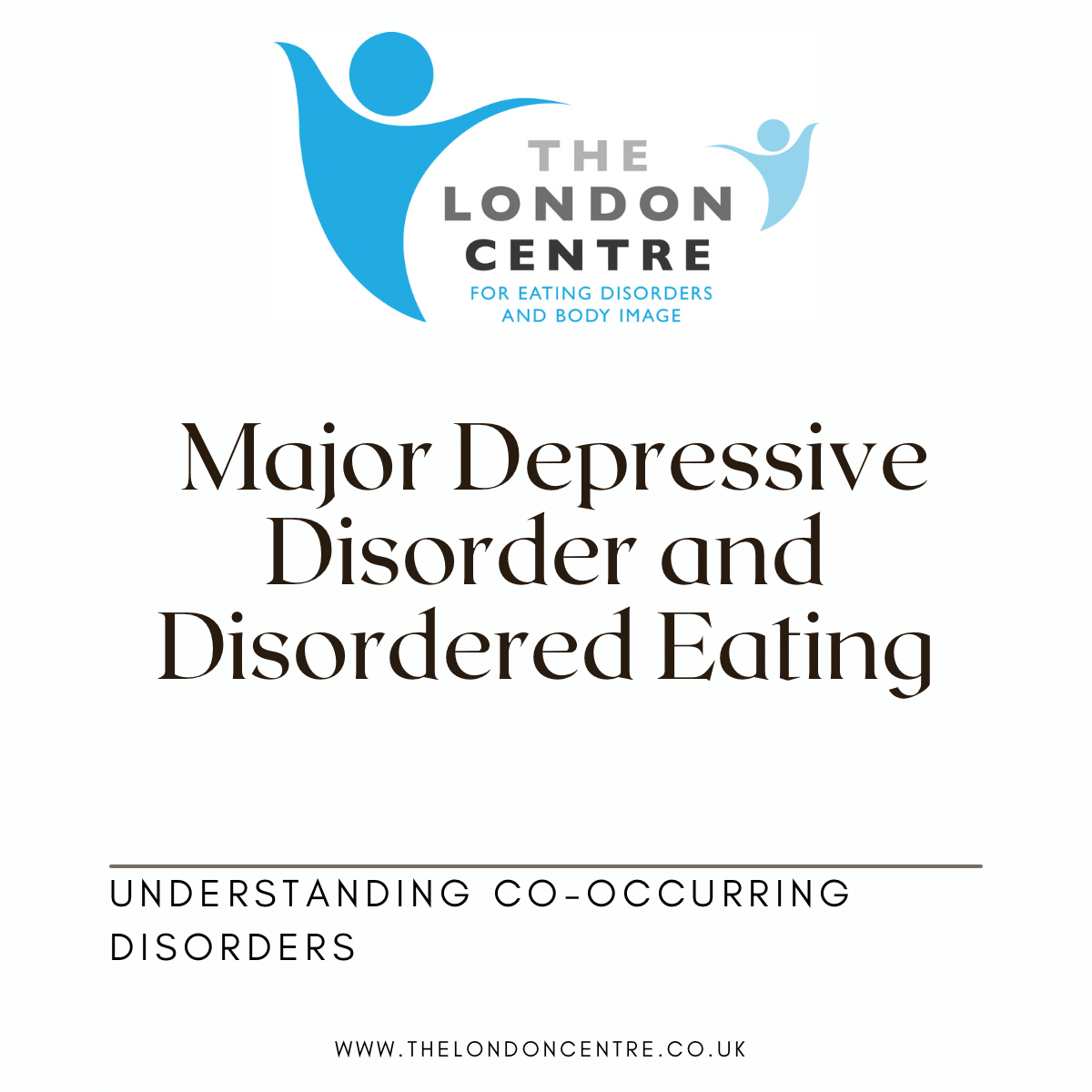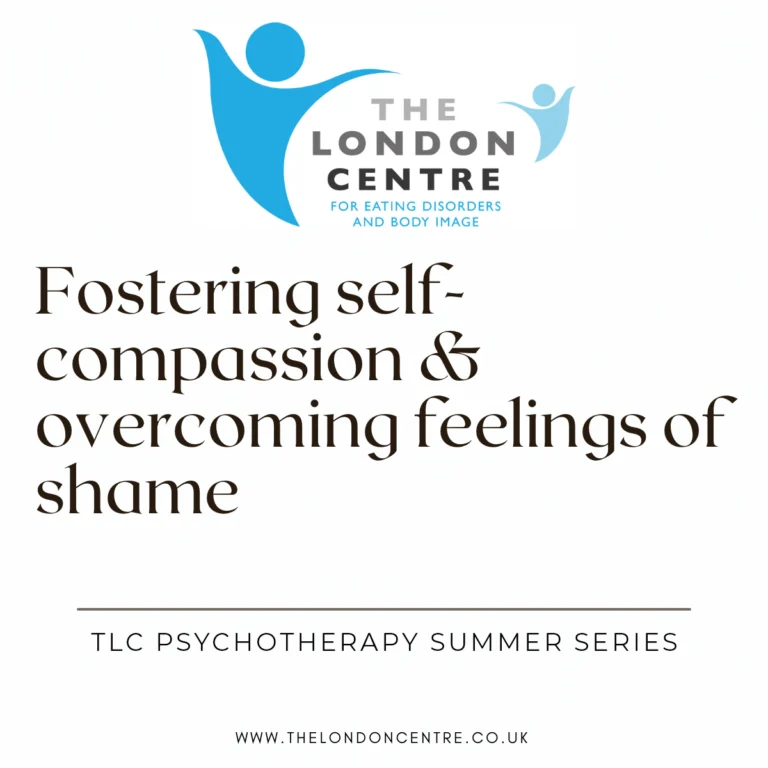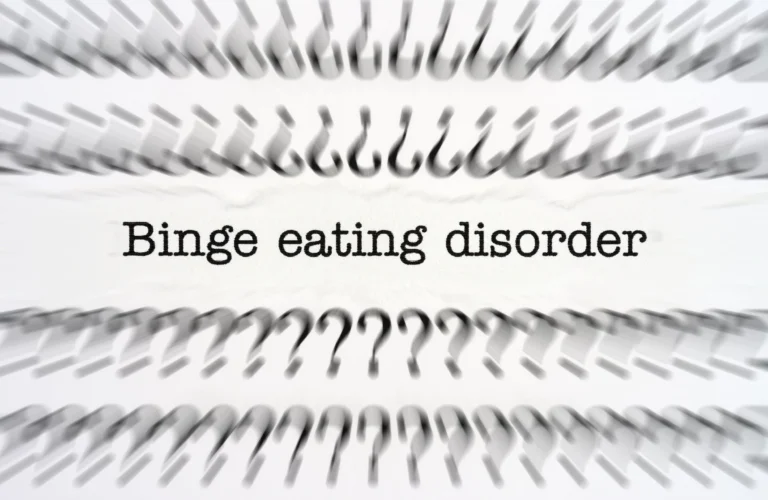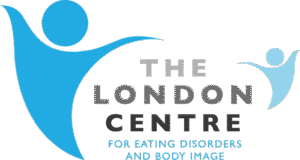Understanding Co-Occurring Disorders: Eating Disorders and Major Depressive Disorder
Eating disorders and major depressive disorder (MDD) are two mental health conditions that often co-occur and interact in complex ways. Understanding the signs, symptoms, and treatment options for these disorders is crucial for providing effective care to individuals who may be struggling. In this blog, we will explore the connection between eating disorders and MDD, their common signs and symptoms, and approaches to treatment.
Signs and Symptoms of Major Depressive Disorder:
MDD, commonly referred to as depression, is characterised by persistent feelings of sadness and loss of interest or pleasure in activities. Key signs and symptoms include:
- Persistent Sadness: Feeling down or hopeless for most of the day, nearly every day.
- Loss of Interest: Diminished interest in activities, including those previously enjoyed.
- Changes in Appetite and Weight: Significant changes in appetite and weight, either increased or decreased.
- Fatigue: Unexplained tiredness and a lack of energy.
- Difficulty Concentrating: Problems with focus, memory, and decision-making.
- Feelings of Guilt or Worthlessness: Persistent negative self-evaluation.
- Suicidal Thoughts: Thoughts of death or suicide.
The Link Between Eating Disorders and MDD:
The relationship between eating disorders and MDD is multifaceted:
- Shared Risk Factors: Both disorders share common risk factors such as genetics, family history, traumatic experience or societal pressures related to body image and appearance.
- Coping Mechanisms: Some individuals with MDD may develop eating disorders as a way to cope with their emotional distress, using food and body weight as a form of control or detachment from low mood.
- Comorbidity: Research shows that individuals with eating disorders are at a higher risk of experiencing depression, and vice versa.
- The impact of ED symptoms: Eating disorder symptoms can trigger or maintain low mood – people often report feeling very depressed about the presence of their eating disorder symptoms such as bingeing or purging. Equally, in restrictive disorders the impact of calorie restriction can directly result in depressive symptoms through starvation, or indirectly through reduced motivation to maintain activities that can boost mood.
- The two feed into one another- often when we feel down or experience depression, we may use food to comfort ourselves, or we may lose our appetite which therefore contributes to the restrictive nature of the eating disorder. If we are too fatigued we may not have the energy or “oomph” to stick to our eating disorder recovery or engage with self care practices which would improve our mood.
Treatment Options:
Treatment for individuals with co-occurring eating disorders and MDD should be comprehensive and tailored to their specific needs. Common approaches include:
- Psychotherapy: Cognitive-behavioral therapy (CBT), dialectical behavior therapy (DBT), and interpersonal therapy (IPT) are effective for both disorders.
- Medication: Antidepressant medications may be prescribed if necessary but we strongly recommend that you are monitored by a medical professional such as your GP or Psychiatrist
- Nutritional support: Registered dietitians can help individuals with eating disorders develop a more balanced relationship with food. Maintaining a healthy eating pattern is also known to have a positive impact on mood.
- Support Groups: Peer support can be invaluable in recovery. It can be an incredible experience to realise that you are not alone!
Eating disorders and major depressive disorder are challenging conditions that can significantly impact an individual’s physical and emotional well-being. Recognising the signs and symptoms of these disorders and seeking professional help early is essential. Treatment should address both conditions concurrently, considering their intricate interplay, to provide the best chances of recovery and improved mental health. If you or someone you know is struggling with these disorders, remember that help is available, and recovery is possible with the right support and resources.
For more information or if you wish to book an appointment, please click here.
